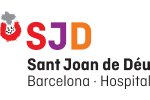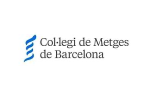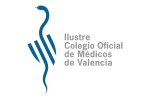MASTER'S DEGREE IN general Ophthalmology with oculoplastics
Eduardo Mondlane University Medical School
Maputo, Mozambique

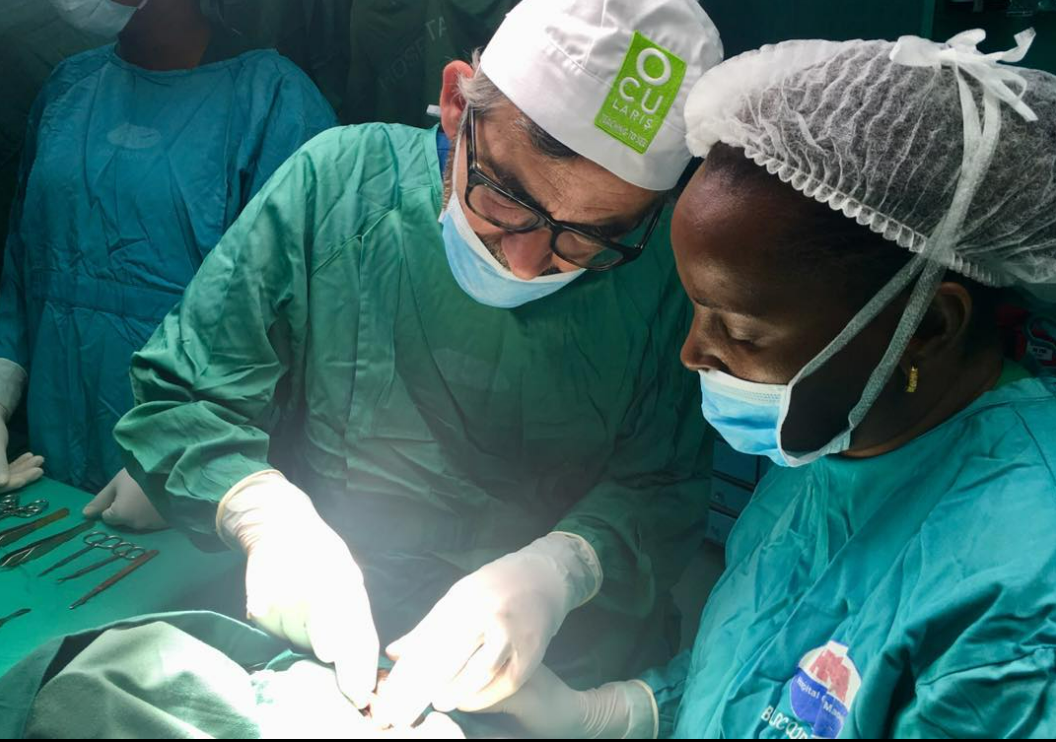
As a member of OCULARIS, I have been training Mozambican ophthalmologists on site, in their public health facilities since 2010. In 2021, we started working with Eduardo Mondlane University Medical School, which offers the oldest medical degree in the country, to create the first Master’s degree in Ophthalmology in Mozambique. It features a specific extension to Oculoplastic Surgery and Orbital Tumours, where I provide my services in training the future local teachers.
Dr. Jon Federío
Ocular and Orbital Plastic Surgery, Araba University Hospital, Vitoria-Gasteiz, Spain.
Why oculoplasty and orbital tumours?
Oculoplasty (or orbito-facial plastic surgery) deals with the eyelids, orbit and tear duct. It includes a wide range of surgical procedures and also deals with eye tumours such as retinoblastoma.
Retinoblastoma is a malignant tumour that usually affects children under 6 years of age. In high-income countries, 98.5% of diagnoses are done at an early stage, with a favourable prognosis. However when diagnose occurs later, consequences rang from eye loss to patient’s death. Studies show that in low-income countries, almost half of the diagnoses occur when cancer has already spread outside the eye to other parts of the body.
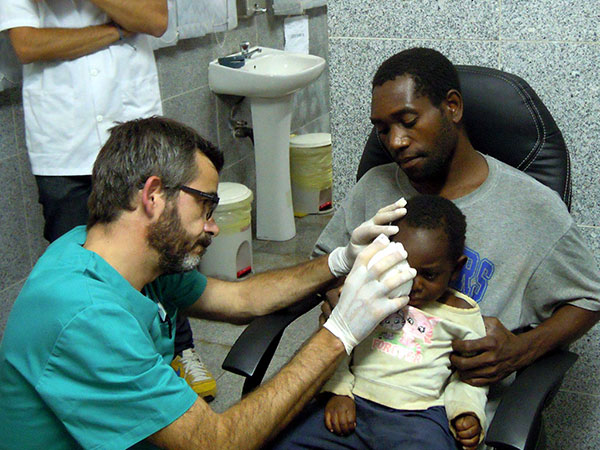
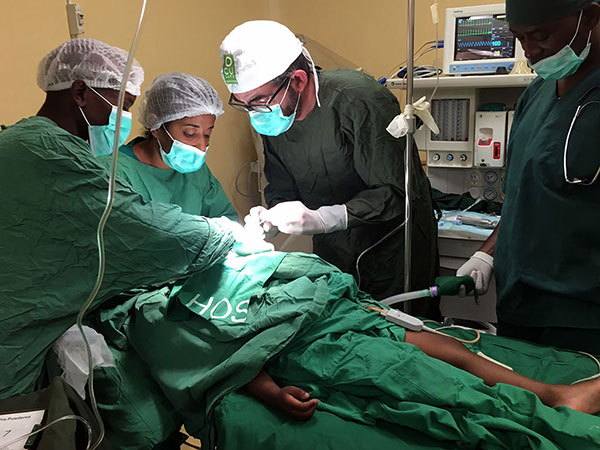
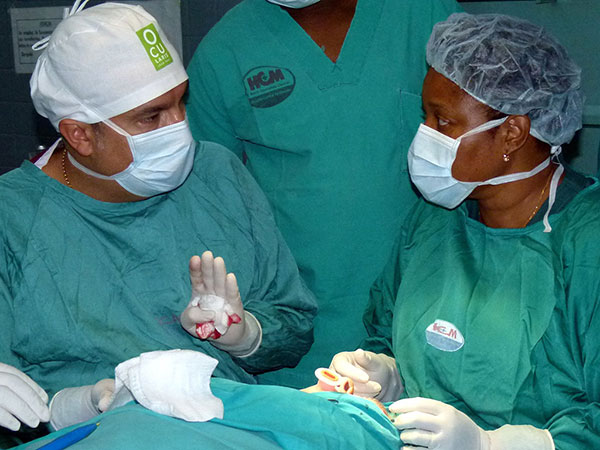
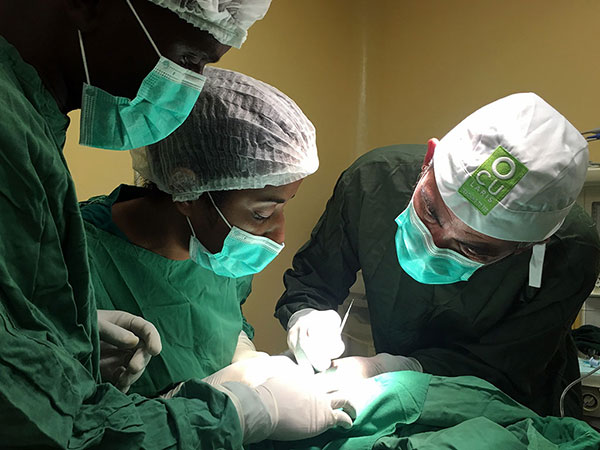
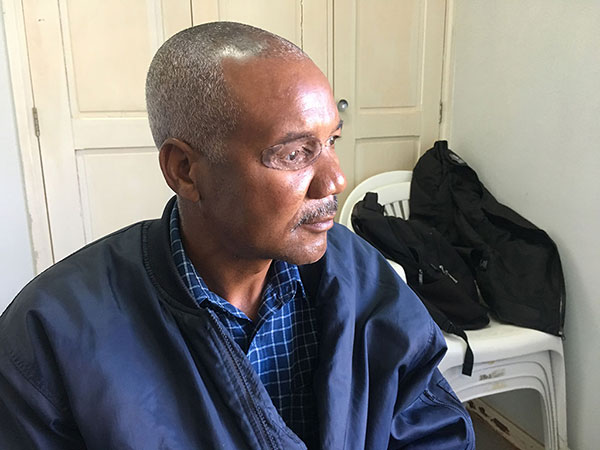
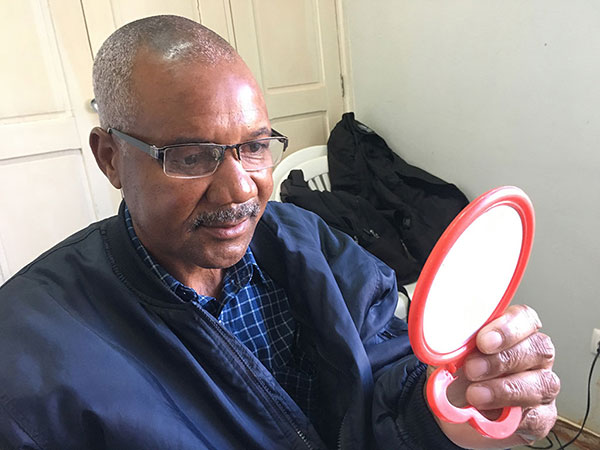
Oculoplasty is the only subspecialty of ophthalmology that saves lives.
Its teaching in a country like Mozambique is utterly important.
IMPLEMENTATION OF THE MASTER'S DEGREE
This is the first official master’s degree of this kind in sub-Saharan Africa as, in addition to General Ophthalmology, it will offer other optional sub-specialities: oculoplastics is the first one, but others will steadily be added to respond to the needs of the country. Once officialised, this master’s degree will be able to take 9 students in General Ophthalmology and 3 in the Oculoplastics extension. The course has a duration of 2 academic years.
PRIOR PHASE
BASIC TRAINING (2010-2020)
Training and accompanying more than 20 ophthalmologists (15 women and 5 men) and resident doctors. In this period, we have carried out an average of 2 annual campaigns of surgery trainings in oculoplastics and eye tumours, providing operating theatres and consulting rooms with the necesary tools, and attending pacients with very serious advanced tumours. This phase has contributed to increasing Mozambique’s ophthalmological care capacity and to training teachers on the general syllabus of the Master’s programme. Formalising all this knowledge in the framework of an official master’s degree is the best way to garantee its solidity and continuity.
PHASE 1:
TEACHING TO TEACHERS & OFFICIALISATION (2021-2023)
- On-site practical training in Oculoplastics for future university teachers (2 women and 1 man).
- Definition and writing of the Master’s curriculum.
- Implementation of the eSalud platform for distance learning of theoretical content.
- Reinforcement of tools in operating theatres and consulting rooms.
- Official recognition of the Master’s Degree by the School of Medicine of Maputo, the Eduardo Mondlane University and the Mozambican Ministries of Education and Health.
- Internal evaluation.
PHASE 2:
TEACHER ACCOMPANIMENT AND STUDENT TRAINING (2024-2028)
2024: first edition of the Master (9 students in general Ophthalmology, 3 in the Oculoplastics extension).
Training of enrolled students: at the beginning, OCULARIS will provide approximately 30% of the training in General Ophthalmology, and 100% of the optional extension in Oculoplastics and Orbital Tumours. Both theoretical and practical content (operating theatre, consulting room and laboratory) will be progressively taken over by the local teachers with the support of OCULARIS, until their complete autonomy.
Evaluation and improvement of the Master’s Degree contents at the end of each edition.
PHASE 3:
FINAL HANDOVER (2028-2029)
- The local teaching team will teach the master’s degree autonomously. OCULARIS will only intervene if needed at specific points.
- Inception of other subspecialties with the support of OCULARIS.
SOCIAL AND HEALTH CONTEXT IN MOZAMBIQUE
Accordinf to United Nations data (2021), Mozambique is one of the 10 poorest countries on the planet, for several reasons: many years of civil war, natural disasters, epidemics, low agricultural productivity and an unequal distribution of wealth. Its birth rate of more than 4 children per woman is a consequence of low contraceptive use, early marriages and lack of education of the general population.





